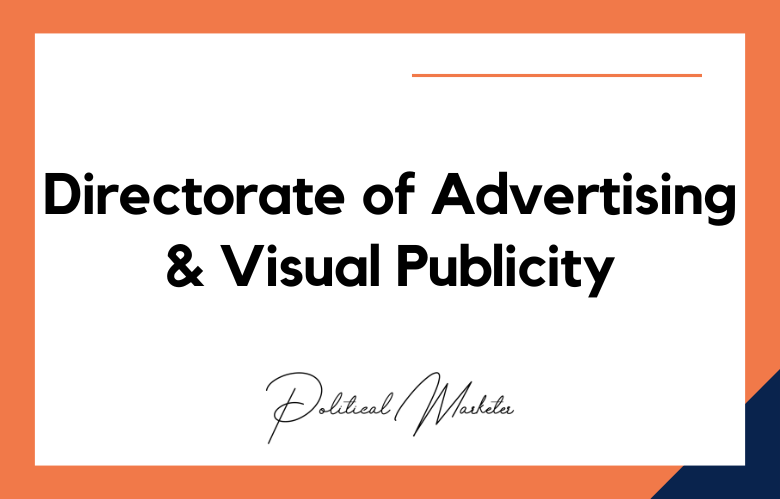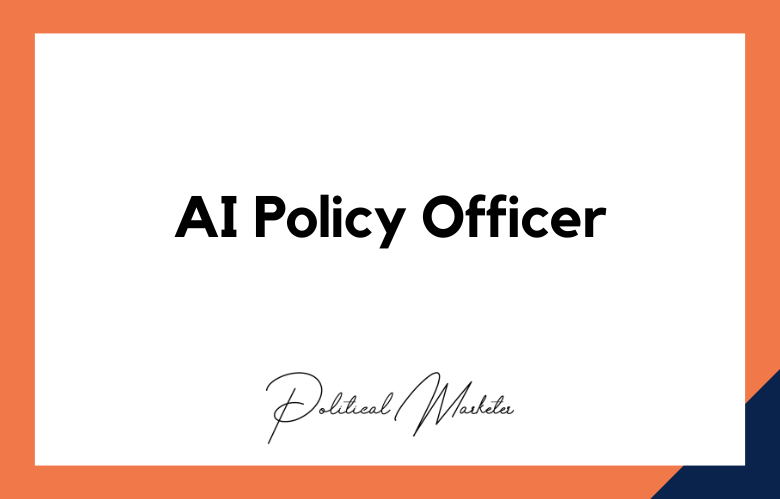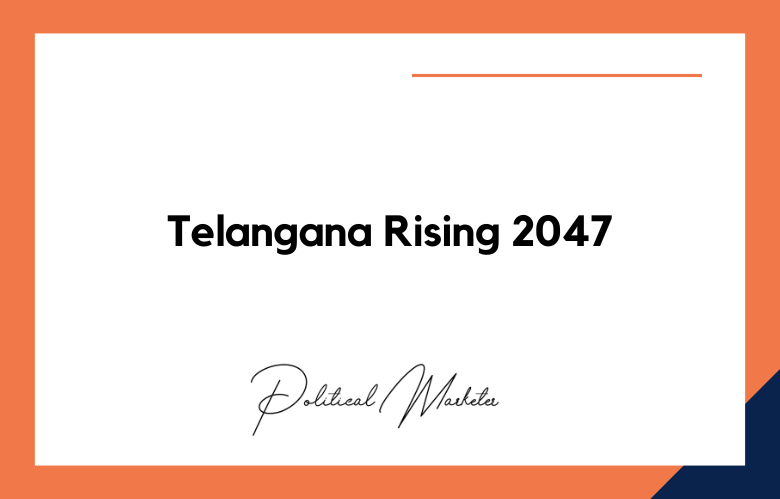Social media has dramatically reshaped the way we interact with one another, including how we engage with politics. Today, an ever-growing percentage of people get their news from social media sources.
Social media creates a more conversational forum for people to discuss politics and express their beliefs. Social media is also a treasure trove of data, which can provide valuable insight into people’s political views and help improve our understanding of political stances and beliefs.
We’ll explore how social media data can be utilized to gain better insight into political stances and beliefs.
The Internet and social media platforms have become essential personal and business communication tools. They also serve as platforms for sharing opinions, beliefs, and political views.
With the rise of social media usage, data has become an essential aspect of understanding people and their beliefs. We’ll explore how social media data can improve understanding of political stances and beliefs.
Predicting Political Stance with Social Media Analytics: Opportunities and Challenges.
In recent years, social media has become an important political tool, with political leaders and parties engaging with citizens on various platforms to share their views and policies.
With the vast amount of data generated by social media activities, analytics has become a popular method to extract insights that can help predict political stances.
One of the most significant opportunities that social media analytics presents is the ability to gain insights into many people’s views and behaviors that were previously inaccessible.
By analyzing social media data, researchers can discern the sentiment of specific groups toward particular policies or candidates.
Moreover, they can also identify the most important issues to voters and their demographic profile, which can help design election campaigns that better resonate with different groups.
Using Social Media Data to Predict Political Stance: A Machine Learning Approach.
Machine learning algorithms to extract insights from social media data have gained significant attention recently.
With the vast amount of data available on social media platforms, researchers are exploring innovative ways to harness this data for predictive analytics. One such promising application is predicting an individual’s political stance using social media data.
Using social media data to predict political stance involves analyzing various factors, including the content of a user’s posts, the frequency of their posts, and the sentiments expressed in their seats.
Machine learning algorithms use this data to develop models that can predict an individual’s political inclination with a high degree of accuracy.
Analyzing Social Media Data to Predict Political Stance: Methodologies and Techniques.
In the fast-paced digital age, social media has become essential for expressing opinions and sharing information.
It has also become a critical source for gathering insights into societal behavior and determining public sentiment concerning various social, economic, and political issues.
One of the latest techniques in this field is using social media data analysis to predict political stances.
Social media data analysis for predicting political stance involves using various methodologies and techniques to gather and interpret information.
Some of this field’s most commonly used methods include sentiment analysis, natural language processing, and machine learning algorithms.
These techniques enable analysts to gather large amounts of data from social media platforms such as Twitter, Facebook, and LinkedIn and then identify patterns and trends in this data that can be used to predict political stances.
The Ethics of Predicting Political Stance from Social Media Data.
The increasing use of social media platforms like Twitter, Facebook, and Instagram for political communication has opened up new avenues for predicting individuals’ political stances.
Predictive models that analyze social media data are now widely used to forecast voter preferences, election outcomes, and public opinion.
While social media has made it more convenient for individuals to engage in political discourse, it has also made it easier for governments and private entities to monitor and profile individuals based on their online activity.
The ethical implications of using social media data for political prediction are complex and multifaceted. On the one hand, using social media data can enhance democracy by providing insights into public opinion that could inform representative decision-making.
However, it can also marginalize minority viewpoints, perpetuate gender and racial biases, and manipulate public opinion.
Predicting Voter Behavior with Social Media Analytics: The Role of Political Stance.
In recent years, social media has become a critical tool for political campaigns to engage voters and spread their message.
The vast amount of data generated through social media has also become a valuable resource for political analysts to predict and understand voter behavior.
The role of a political stance is particularly crucial in this process, as voters’ political beliefs and values are often strong predictors of their voting decisions.
Social media analytics can provide insights into how different political stances are discussed and perceived on social media.
For example, sentiment analysis can reveal the overall tone of conversations around a particular political issue, while network analysis can uncover influential figures and communities that shape political discourse.
These insights can help political campaigns better understand their target audience and tailor their messaging to align with their beliefs and values.
The Impact of Social Media on Political Stance: A Case Study.
The impact of social media on political stances has become a topic of great debate and scrutiny in recent times.
With the rise of digital technology and increased access to social media platforms, individuals have become more vocal in expressing their political opinions and beliefs online.
The ability to share information and engage in online discussions has enabled people to form connections with others who share similar political views, creating virtual echo chambers where individuals are more likely to be exposed to a constant reinforcement of their political beliefs.
This phenomenon has been a cause for concern as it can lead to the radicalization of individuals who hold extreme political beliefs.
Studies have demonstrated that social media algorithms are designed to provide users with content that aligns with their interests and preferences, further reinforcing one’s existing beliefs and potentially restricting access to opposing viewpoints or critical thinking.
Improving Political Advertising with Predictive Analytics Based on Social Media Data.
Political advertising has always been a critical component of campaigns, with candidates relying on it to sway voters and secure their votes come election day.
However, with the proliferation of social media platforms such as Facebook, Twitter, and Instagram, political campaigns are increasingly looking to leverage the power of these platforms to engage with voters and win elections.
One way campaigns can harness social media’s power is through predictive analytics. Predictive analytics involves using statistical algorithms and data mining techniques to identify patterns and trends in data and to use this information to make predictions about future events.
By analyzing social media data, political campaigns can gain valuable insights into voters’ preferences, opinions, and behaviors and use this information to inform their advertising strategies.
Enhancing Political Polling with Predictive Analytics Based on Social Media Data.
In recent years, with the growth of social media platforms, predictive analytics based on social media data has become increasingly relevant in various fields. One area in which this technology has the potential to be particularly impactful is political polling.
Traditional methods of political polling, with surveys conducted via telephone or in-person interviews, can be time-consuming, costly, and limited in scope.
Such polls may suffer from biases related to sample size, sampling methodology, and respondent honesty.
However, predictive analytics based on social media have the advantage of analyzing large amounts of data from various sources, including public social media profiles, posts, and messages, to make more accurate predictions about public opinion.
The Future of Political Research: Predicting Stance and Beliefs from Social Media Data.
The emergence and widespread use of social media platforms have led to a wealth of digital data that can be utilized to gain insights into people’s beliefs and political stances.
Recently, political researchers have started exploring the potential of using social media data to accurately predict individuals’ political beliefs and views.
This development is considered a significant breakthrough, as traditional political polling methods are becoming less effective in capturing contemporary political landscapes’ complex and dynamic nature.
One key advantage of using social media data in political research is capturing real-time sentiment and opinions. Social media platforms allow individuals to express their views on various contemporary issues, from economic policies to foreign affairs.
By analyzing the text and images shared on these platforms, political researchers can identify language, tone, and sentiment patterns that reveal individuals’ political orientations.
Conclusion:
Social media has emerged as a robust platform that can provide access to a wealth of data on public opinions, perceptions, and perspectives. Insights from social media data can boost the understanding of different groups’ beliefs and stances on specific issues.
Social media insights are valuable for identifying emerging trends, mapping individual preferences, and communicating with individuals on various topics.
Policymakers and marketers can now make informed decisions based on real-time and diverse data that social media analysis provides. While there are challenges in utilizing social media data, there is no doubt that it has become a crucial source of information for understanding people’s political leanings, beliefs, and stances.
Social media is a powerful tool that has rapidly transformed the way we interact with each other. The data generated on social media platforms can provide valuable insights into political stances and beliefs.
This post has explored how social media data can improve our understanding of politics. Analyzing social media data allows us to identify trends, evaluate political affiliations, track political performance, and monitor public sentiment.
Social media data is an indispensable tool for political parties and researchers to understand better what people think and feel about politics.
Call: +91 9848321284
Email: [email protected]










